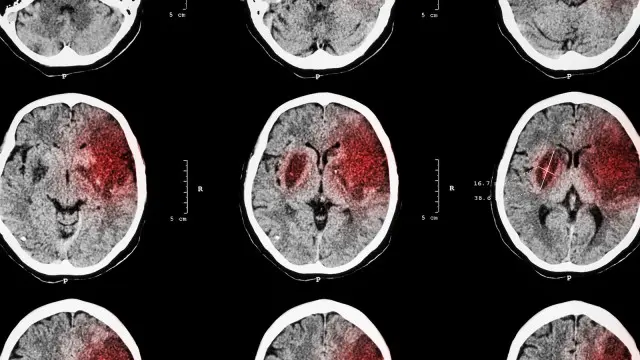New studies led by the University of Queensland (UQ) have revealed evidence that could potentially lead to the development of viable treatments and eventually a cure for motor neuron disease (MND).
According to two studies recently published in the Molecular Psychiatry journal and the Cellular and Molecular Life Sciences journal, researchers have recognized biochemical changes in the TDP-43 protein, a protein that is impacted by MND.
“TDP-43 is a protein found in every cell of the body but is particularly important for the health of motor neurons, the brain cells that control voluntary muscle movement,’’ Adam Walker, co-author of both studies and research fellow at UQ’s Queensland Brain Institute, said on Thursday.
Walker noted that two research projects were carried out to examine how TDP-43 proteins become dysfunctional in motor neurons.
“We found diseased versions of TDP-43 can damage healthy versions of the protein, which may create a cycle of protein dysfunction and degeneration over time. We also discovered that biochemical pathways which control neuron death are triggered early, even before MND symptoms begin,’’ said Walker.
“To change the course of the disease, we need pharmaceutical drugs that can prevent neuron death and this TDP-43 protein dysfunction,’’ he suggested.
A genetic engineering technology, called Clustered Regularly Interspaced Short Palindromic Repeats (CRISPR),
was used during research, allowing scientists to see TDP-43 in live cells.
Sean Keating, another co-author and Ph.D. student at Queensland Brain Institute, also pointed out that as neutral pathways change during the progression of MND, there is the potential for different phases of the disease to need different treatments.
“We are now treating genetically modified mice with MND with different pharmaceutical drugs that specifically target the underlying causes of the disease, and correct the disease mechanism,’’ Keating said.
The aim is to stop the TDP-43 degenerative cycle and halt the progression of the disease.
This research improves the understanding of MND, and it is expected to play an important role in the fight against the disease, he added. (Xinhua/NAN)
